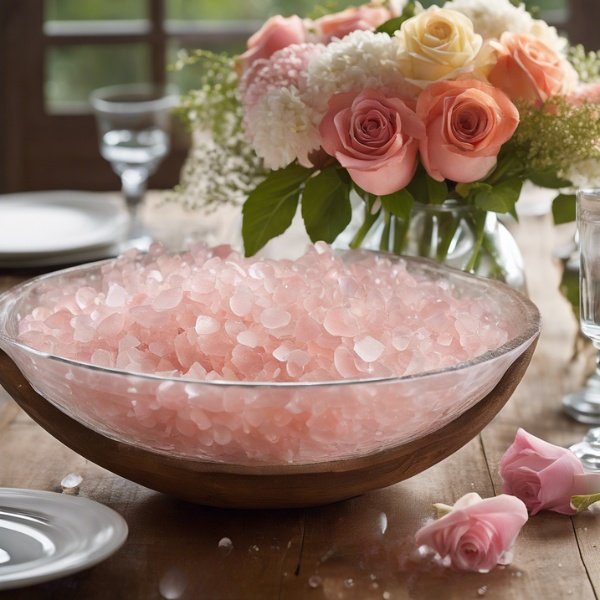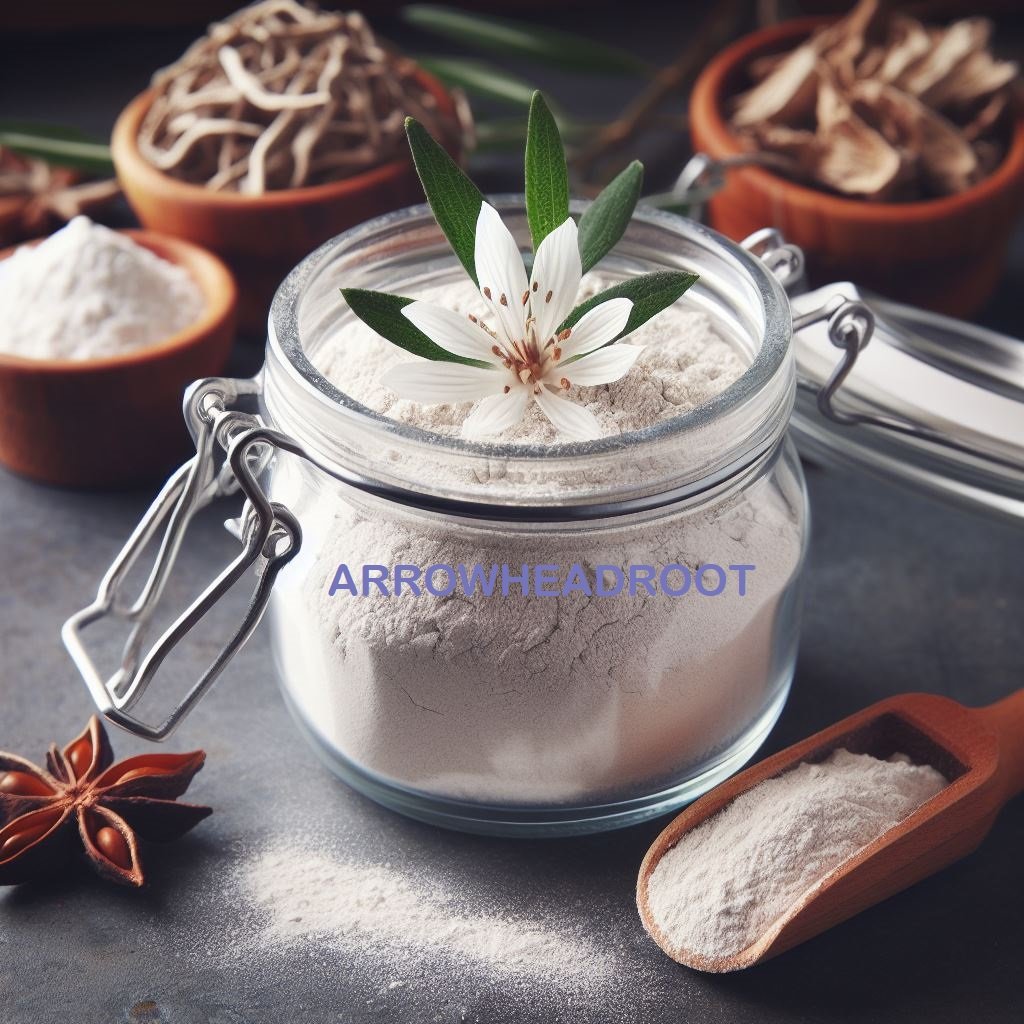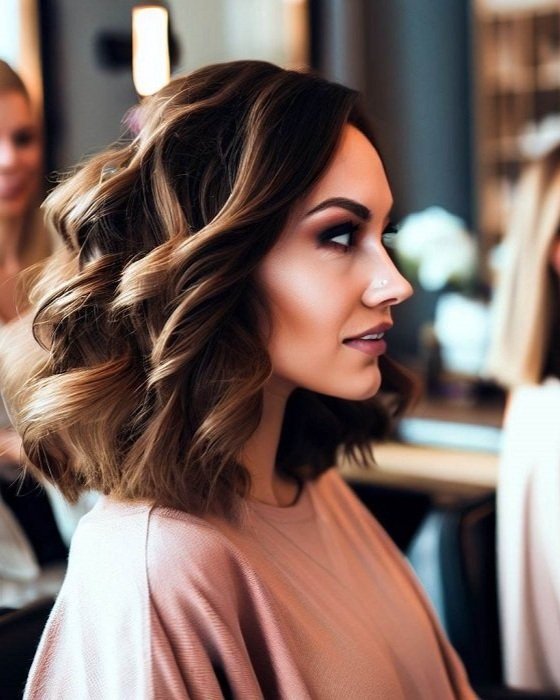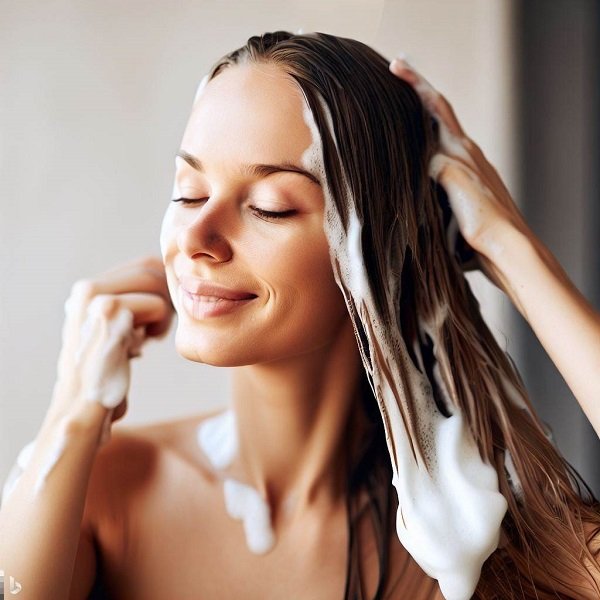
The Many Benefits of Himalayan Salt for Scalp, Hair, and Skin

How to Get the Best Personal Care for Your Hair

3 Advantages of Arrowroot Powder for Healthy Beauty

How to: Get Stronger Hair Naturally

Shampoo Facts - Cons & Pros
Shampoo Facts - Cons & Pros

Not All Beauty Chemicals are Toxic
Not All Beauty Chemicals are Toxic

How to Treat High Porosity Hair
How to Treat High porosity hair

20 Top Essential Oils
Essential Oil Benefits




